The Unified Astronomy Thesaurus (UAT) is an open, interoperable, and community-supported project which formalizes astronomical concepts and their inter-relationships into a high-quality, freely available open resource. Its mission is to enable greater search and discovery across the astrophysics literature, as well as a taxonomy that can be used to label other research products, such as software and datasets. The UAT has been implemented by an increasing number of journals, research organizations, and systems*, including the American Astronomical Society and the JWST proposal system. It is currently being integrated into the Astrophysics Data System (ADS).
The Steering Committee (SC) sets the general parameters for the overall direction of the UAT and is composed of representatives from groups with a direct stake in the development and success of the UAT. Members of the SC also serve as representatives of the UAT, promoting it to global astronomy, astrophysics, library, and publishing communities, developing test cases, and increasing its overall use. More information about the Steering Committee is available on the UAT website. We welcome nominees from all regions of the world, with a specific interest in adding international and in particular Southern Hemisphere representation.
We welcome expressions of interest from astronomers, developers, data scientists, researchers, librarians, and others. The commitment is a two-year term (Feb 2023 – Feb 2025) and includes monthly SC meetings. New members can renew annually after their initial two-year term, up to a total of five years of membership. Please contact Jenny Novacescu, current chair of the UAT SC, with “UAT Steering Committee” in the subject line, to express your interest or to ask questions.
* Current adoptees include:
- American Astronomical Society journals, including The Astronomical Journal (AJ), The Astrophysical Journal (ApJ), ApJS, ApJL, The Planetary Science Journal (PSJ), and Research Notes of the AAS (RNAAS)
- Astrophysics Data System (ADS)
- Publications of the Astronomical Society of the Pacific (PASP)
- International Virtual Observatory Alliance (IVOA)
- Space Telescope Science Institute (STScI) for the Hubble Space Telescope (HST) and JWST proposal systems
- WikiData
The closing date is 20 January 2023.
(Cross posted from AAS News.)

